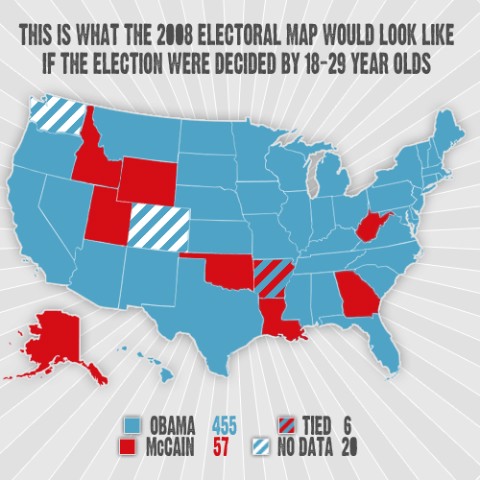The article’s opening lines immediately brought me thinking: “Today’s most brutal wars are also the most primal. They are fought with machetes in West Africa, with fire and rape and fear in Darfur, and with suicide bombs and improvised explosive devices in Israel, Iraq, and elsewhere. But as horrifying as these conflicts are, they are not the greatest threat to our survival as a species. We humans are a frightening animal. Throughout our species’s existence, we have used each new technology we have developed to boost the destructive power of our ancient predisposition for killing members of our own species.”
Indeed, history shows that this is true. The article cites three major examples and examines them in close detail: Poison Gas, Nuclear Weapons, and Germ Warfare. All three are perfect examples of how humans have adapted technology to create devastatingly lethal weapons. While it is not difficult to question whether humans have made moral progress, technological progress seems unquestionable. And yet, as this article powerfully demonstrates, our technological “progress” has now made the destruction of all human life on earth an easier task to accomplish. Thus, is technological progress really a good thing? All our medicines and scientific advances have decreased the impact that nature and chance has over our lives (once devastating diseases are now curable, better nutrition has led to longer lifespans), yet our advancements in the fields of war have increased the power for ourselves to deal death to each other. Who would you rather give that power too? Ultimately, it comes down to the question of true human nature. If you believe humans are naturally good, then the increased control we humans have over ourselves is certainly a positive change. But if you believe otherwise, well… perhaps technologic is just hastening the arrival of doomsday.
The article, however, chooses to take a very rational, scientific approach. It acknowledges that war is an inherent feature of humanity, and that the key to preventing war is to understand and prevent its causes. The article cites competition over resources as the fundamental factor that causes all conflicts or wars; perhaps a difficult proposal to accept in the light of the recent fundamentalist religious violence. And yet, it gives solid evidence to defend this argument:
“Human wars may come wrapped in a veneer of religion or political philosophy, but the battle for resources is usually just below the surface. When Pope Urban II exhorted the nobles of Europe to join the First Crusade, he contrasted the lands where they lived, which had “scarcely enough food for their cultivators,” with Palestine, where the crusaders would be able to appropriate land from the Infidels. In World War II, the need for land and resources was expressed as Hitler’s concept of lebensraum, or “living space.” “The aim [of] the efforts and sacrifices of the German people in this war,” he wrote, “must be to win territory in the East for the German people.” The Japanese attacked Pearl Harbor because they knew they had to destroy the American Pacific fleet if they were to access the Indonesian oil they needed to supply their industries. As we saw earlier, while rapid population growth and massive unemployment in some settings, such as the Gaza Strip, do not cause wars or terrorist attacks by themselves, they certainly make them more likely.”
The article continues on to explore the connection between population group, the subsequent increased demand for resources, and periods of war. Evidence for this argument can be found, and is cited, from all periods throughout human history. Yet the true importance of this argument and this article is its relevance to the present in the future. With population increasing exponentially and the signs of reduced resources already showing (rising oil and gas prices, destruction of rainforests, and water shortages), following this pattern set by history will yield war and global conflict on epic proportions.
“We live in very different evolutionary times than any of our ancestors. After 3.5 billion years of competition, life on Earth has reached its carrying capacity. More competition at this point means fighting harder over a constantly dwindling pool of available resources. As we seek ways to solve our environmental crises, address the warming climate, and combat emerging diseases and global poverty, our very survival as a species requires finding more ways to cooperate rather than compete. And thanks especially to WMDs, the survival of our species now also means bringing an end to war as we know it. It is time to leave our history of team aggression behind.”





